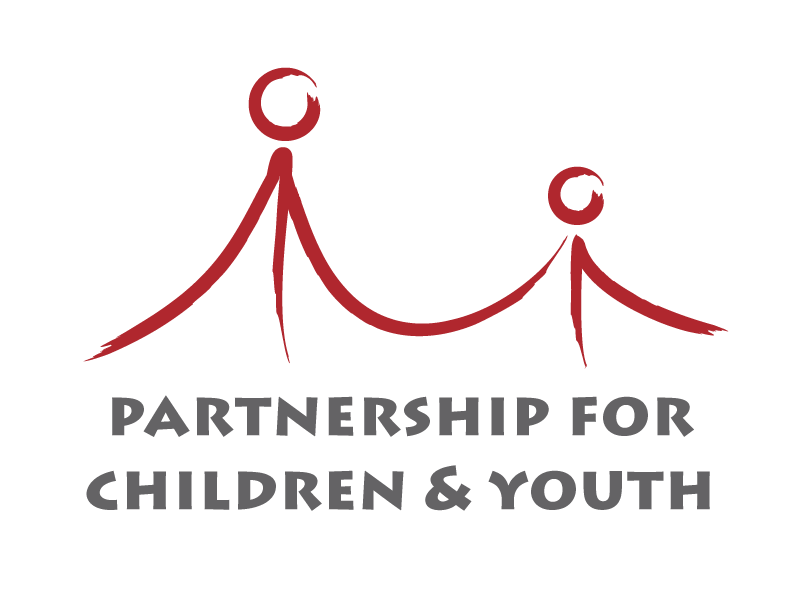Measuring Quality: Assessment Tools to Evaluate Your Social-Emotional Learning Practices
This guide is designed to help school districts and their partner organizations identify tools to assess the quality of their practices in relation to social-emotional learning (SEL). We’ve reviewed ten commonly available program quality assessment tools, aligned with the five quality standards identified by the Expanded Learning 360º/365 initiative as critical practice areas for SEL. The practice areas are: safe and supportive environment; active and engaged learning; skill building; youth voice and leadership; and diversity, access, and equity.
Featured Assessment Tools:
Self-Assessment Tools:
California After School Program Quality Self-Assessment Tool (CAN-QSA; California Afterschool Network)
California High School Program Quality Self-Assessment Rubric (CAN-QSAR; California Afterschool Network)
Exemplary Practices in Afterschool Program Development: Rubrics for Tracking Internal Progress (Center for Collaborative Solutions and the Community Network for Youth Development)
National AfterSchool Association Core Knowledge and Competencies Self-Assessment Tool (National AfterSchool Association)
New York Program Quality Self-Assessment Tool (NYSAN-QSA; New York State Afterschool Network)
Self-Assessing Social and Emotional Instruction and Competencies (Center on Great Teachers and Leaders at American Institutes of Research)
SEL Strengths Builder (David P. Weikart Center for Youth Program Quality at the Forum for Youth Investment)
Observation Tools:
Assessment of Program Practices Tool (APT; National Institute on Out-of-School Time)
Program Quality Assessment (PQA; David P. Weikart Center for Youth Program Quality at the Forum for Youth Investment)
Quick CASP (National Summer Learning Association and ASAPconnect)

